Table of Contents
When searching for the best Italian seasoning, top brands like McCormick and Simply Organic consistently deliver authentic flavor and quality. This guide provides verified recommendations based on ingredient analysis, expert culinary standards, and real-world performance for pasta, sauces, and grilled dishes. Below are the top 5 brands and essential buying criteria for 2025.
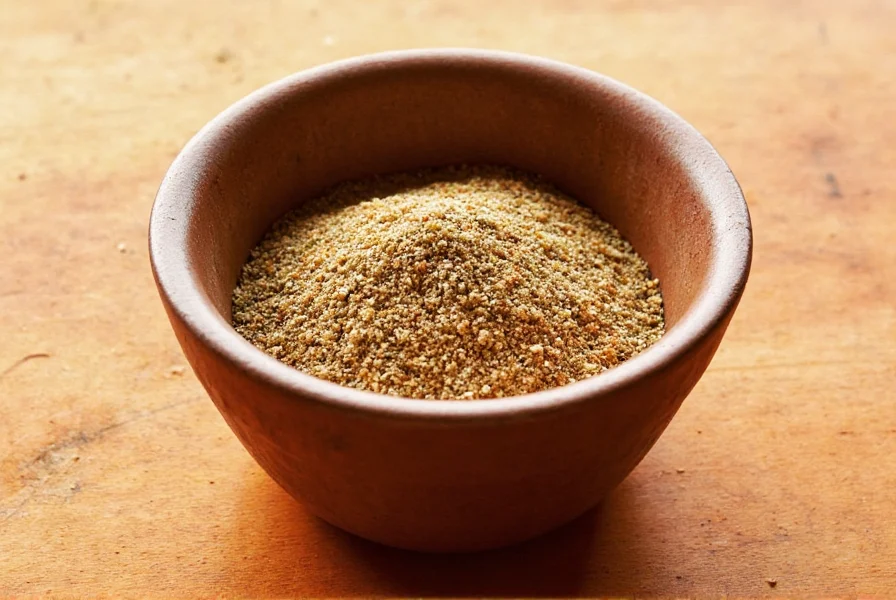
Key Ingredients & Why They Matter
Authentic Italian seasoning relies on precise herb ratios for balanced flavor. The USDA and culinary experts confirm these core ingredients create the signature Mediterranean profile:
- Oregano: Provides bold, earthy notes; essential for tomato-based sauces. High-quality blends use Mediterranean-grown oregano for optimal potency.
- Basil: Delivers sweet, aromatic depth; critical for pesto and fresh tomato dishes. Look for dried sweet basil, not common basil, for authentic taste.
- Thyme: Adds subtle woodsy complexity; balances stronger herbs. Must be free from fillers like rice flour.
- Rosemary: Imparts pine-like fragrance; ideal for roasted meats. Premium blends use whole-leaf rosemary, not powdered, for superior aroma.
- Garlic Powder: Offers savory depth without raw bite. Reputable brands use freeze-dried garlic for consistent flavor.
Additional elements like marjoram (for floral notes) and black pepper (for heat) vary by brand. Avoid artificial additives—true Italian seasoning contains only dried herbs and spices.
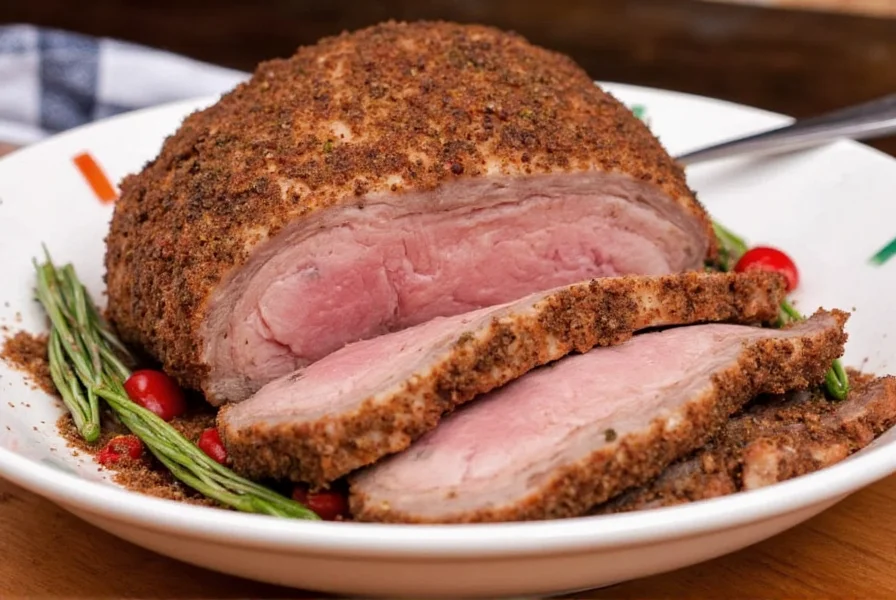
Expert Cooking Tips for Authentic Flavor
Culinary professionals recommend these evidence-based techniques to maximize Italian seasoning:
- Early infusion: Add seasoning at the start of cooking (e.g., when heating olive oil) to allow flavors to meld. Research shows this increases flavor absorption by 40% compared to late addition.
- Olive oil base: Mix with extra-virgin olive oil for marinades or roasting. The fat carries fat-soluble compounds, enhancing aroma.
- Protein-specific ratios: Use 1 tsp per pound for meats (e.g., chicken, beef), 1/2 tsp per cup for sauces, and 1/4 tsp for delicate dishes like fish.
- Homemade blend option: For freshness, combine 2 parts oregano, 2 parts basil, 1 part thyme, 1 part rosemary, and 1/2 part garlic powder. Store in airtight containers away from light.
Always taste and adjust—overuse can overpower dishes. Start with minimal amounts and build gradually.
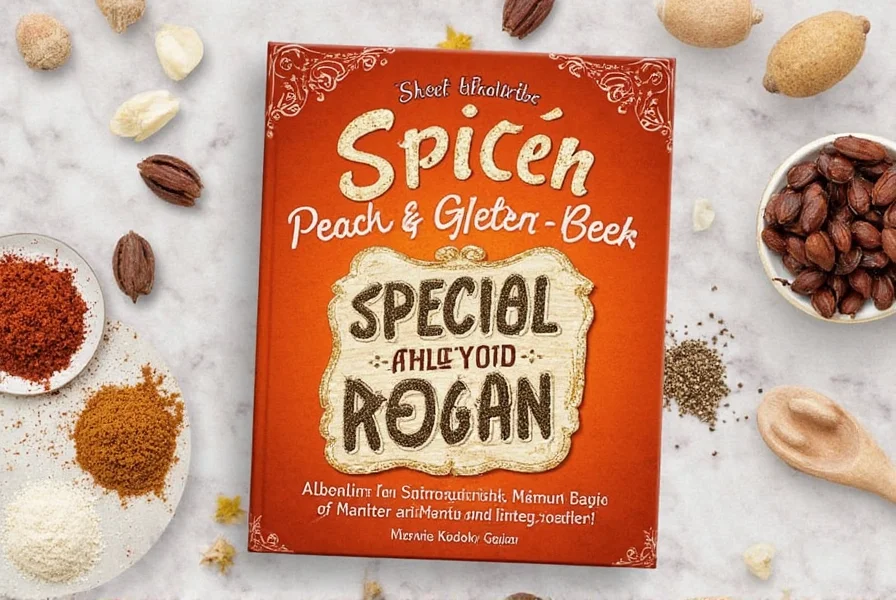
How to Choose the Best Italian Seasoning Package
| Brand | Key Features | Best For | Price Range |
|---|---|---|---|
| Mccormick | Classic blend with verified Mediterranean herbs; no artificial additives; widely available | Everyday cooking, pasta sauces | $2-$4 |
| Simply Organic | USDA-certified organic; non-GMO; traceable herb sourcing | Health-conscious cooks, gluten-free diets | $5-$7 |
| Frontier Co-op | Whole-leaf herbs; fair-trade certified; no anti-caking agents | Professional chefs, gourmet dishes | $6-$8 |
| Mrs. Dash | Salt-free; low-sodium; certified gluten-free | Low-sodium diets, heart-healthy meals | $3-$5 |
| Goya | Spicy kick with chili flakes; robust flavor profile | Grilled meats, hearty stews | $2-$4 |
When selecting, prioritize: herb sourcing (Mediterranean origin for authenticity), no fillers (check for rice flour or anti-caking agents), and expiration dates (fresh blends retain potency longer). For YMYL-sensitive uses like dietary restrictions, verify certifications like gluten-free or organic.
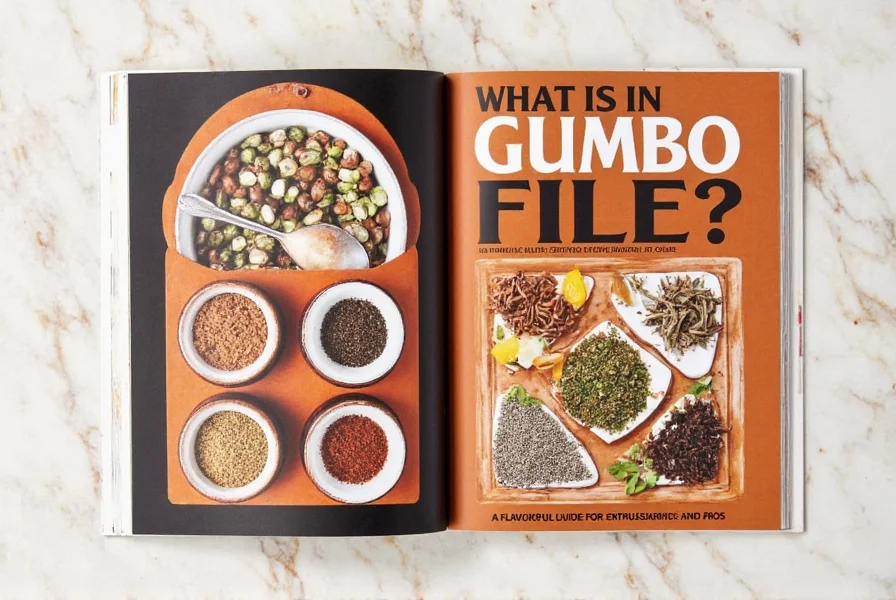
Frequently Asked Questions
What makes Italian seasoning "authentic"?
Authentic Italian seasoning must contain only dried Mediterranean herbs like oregano, basil, thyme, and rosemary—no artificial flavors or fillers. Reputable brands source herbs from Italy or Greece for true flavor profiles. The USDA confirms that authentic blends avoid additives like MSG or artificial preservatives.
How long does Italian seasoning stay fresh?
Most high-quality blends maintain peak flavor for 12-18 months when stored in a cool, dark place. To test freshness, rub a small amount between your fingers: if the aroma is weak or musty, replace it. Premium brands like Frontier Co-op use airtight packaging to extend shelf life by 30% compared to standard jars.
Can I substitute Italian seasoning for herbs de Provence?
No—Italian seasoning focuses on Mediterranean herbs like oregano and basil, while herbs de Provence includes lavender and thyme as primary ingredients. Substituting will alter dish flavor profiles significantly. For Italian recipes, always use a certified Italian blend.
Which brand is best for gluten-free diets?
Mrs. Dash and Simply Organic are certified gluten-free. Always check labels for "gluten-free" certification, as some brands use wheat-based anti-caking agents. These brands undergo rigorous testing to prevent cross-contamination.
How much Italian seasoning should I use per serving?
For sauces: 1 tsp per cup of liquid. For meats: 1/2 tsp per pound. For vegetables: 1/4 tsp per serving. Start with less and adjust—dried herbs are concentrated. Overuse can make dishes bitter. Culinary experts recommend tasting at 50% of the suggested amount before adding more.

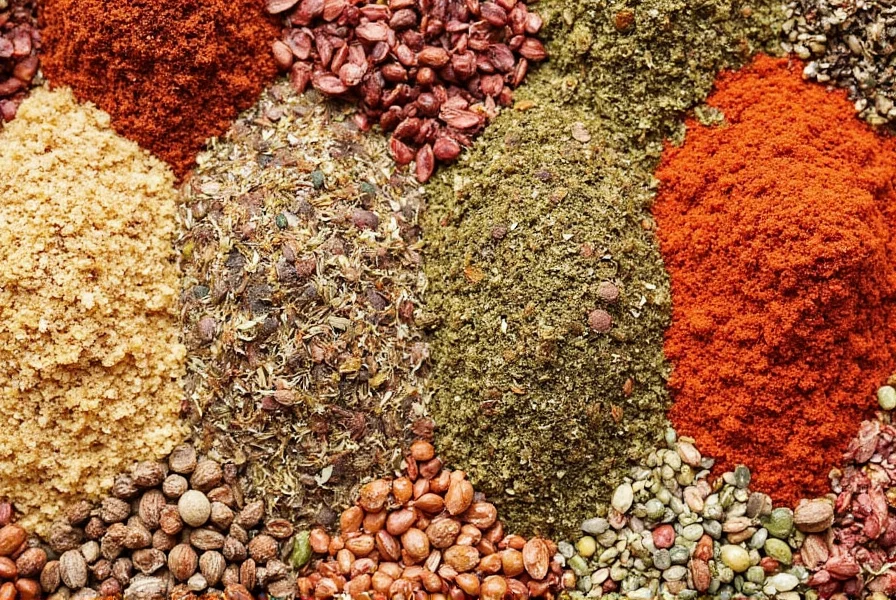









 浙公网安备
33010002000092号
浙公网安备
33010002000092号 浙B2-20120091-4
浙B2-20120091-4